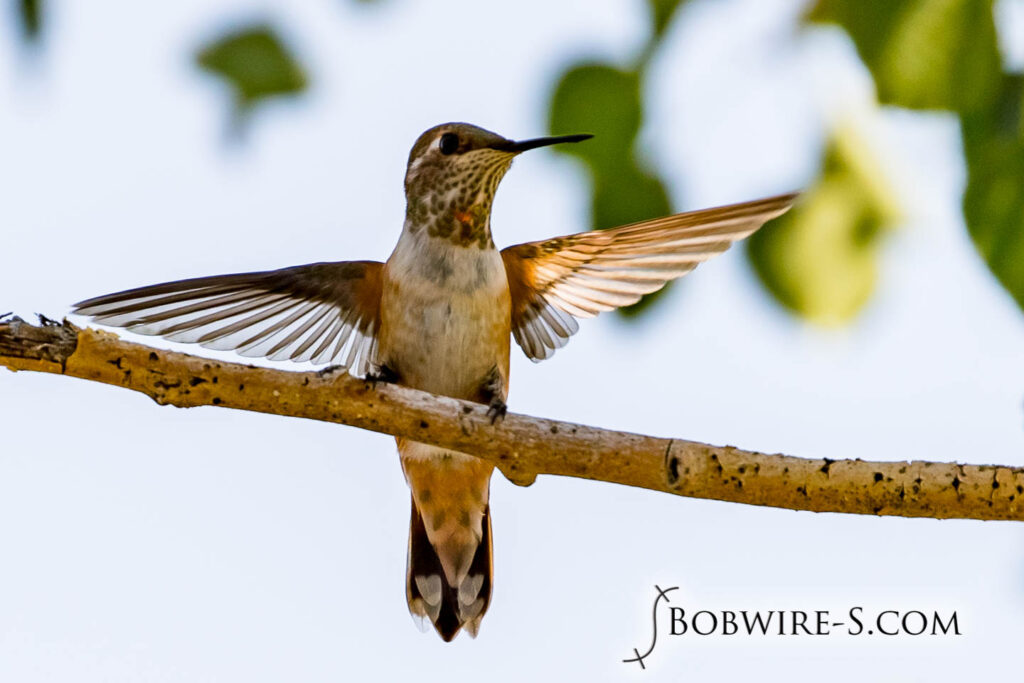I like to think I have a good grasp of a lot of bird species, but I also realize there are a whole lot more birds out there that I can’t identify. Especially when it comes to groups of birds that are similar, like raptors. I can pick out a bald eagle from a long way off, and I can tell a turkey vulture from other large birds of prey quickly from its silhouette. But when it comes to telling a rough-legged hawk from a Swainson’s hawk, I’m not always as confident. And then you throw in all the falcons, which can resemble many of the hawk species, and I’m terribly lost.
But I didn’t realize there’s another group of birds that’s even harder to tell apart – at least when the individual you’re looking at is either a female of the species or a juvenile male. And this group is way on the other end of the bird spectrum.

We recently started getting visits from a hummingbird, and that noisy little needle-nose is pretty hard to get photos of. I set up my blind on the front porch to try to get some pictures. I probably shouldn’t have admitted that, but there it is, as nerdy as it seems.
If this little bird were an adult male, I don’t think I’d have any trouble. The hummingbirds we get around here are pretty distinctive. But the females all look the same, and the juveniles are even more identical to each other.
Based on the pictures I’ve been able to get of the visitor to our front flower garden, I think this one’s a juvenile rufous hummingbird.
Whatever it is, though, it’s giving me good practice at being stealthy, moving quietly, and sitting stock-still for hours, and it’s given me an excuse to pull the blind out of the garage and remember how to set it up. If nothing else, it’s good practice for hunting season.

